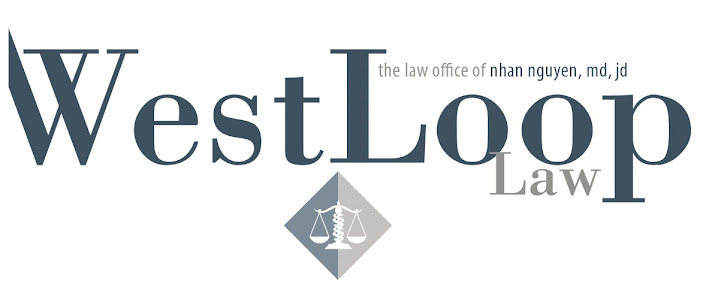Estate planning involves strategically arranging one’s affairs and assets to make sure a smooth transfer of wealth and property to heirs or beneficiaries is possible. It encompasses decisions about wills, trusts, and other considerations to safeguard the financial future of loved ones.
Within estate planning, employing tax-saving techniques is crucial for maximizing benefits. Efficient tax strategies can help preserve wealth, minimize tax liabilities, and ensure the intended beneficiaries receive the maximum inheritance possible.
Here is a detailed guide on the best tax-saving techniques and how an estate planning lawyer can help you!
Tax-Saving Techniques in Estate Planning
Utilizing Tax-Advantaged Accounts
Tax-advantaged accounts like the Individual Retirement Accounts (IRAs) and 401(k)s play a pivotal role in estate planning. These accounts offer tax benefits during both the accumulation and distribution phases. Contributions to these accounts are often tax-deductible, and the investment grows tax-deferred until withdrawals are made in retirement.
Maximizing contributions to tax-advantaged accounts is a strategic way to optimize tax savings. Leveraging these accounts effectively allows individuals to reduce their taxable income, potentially resulting in lower tax liabilities. Understanding contribution limits and using employer-sponsored plans can significantly enhance tax-saving benefits.
Gift and Estate Tax Exemptions
Gift and estate taxes can impact the transfer of wealth. Understanding the thresholds is crucial. As of 2023, individuals can make gifts up to a certain amount without triggering the gift tax, and estates below a specific value are exempt from federal estate taxes.
Strategic planning can help maximize gift and estate tax exemptions. This involves utilizing annual exclusions, making tax-free gifts, and employing trusts to transfer assets efficiently. Implementing these strategies ensures that individuals can pass on their assets while minimizing potential tax liabilities.
Charitable Giving
Charitable giving is a way to support meaningful causes and a tax-efficient strategy in estate planning. Contributions to qualified charities may be eligible for tax deductions, reducing taxable income.
Establishing charitable trusts, such as charitable remainder or lead trusts, allows individuals to support charitable causes while potentially reducing estate taxes. These trusts provide a structured approach to philanthropy, aligning with individual financial goals and minimizing tax burdens.
Incorporating these tax-saving techniques into estate planning can substantially impact preserving wealth and ensuring a seamless transfer of assets to future generations. Understanding the intricacies of these strategies is essential for individuals looking to optimize the benefits of their estate plans.
Importance of Seeking Professional Guidance
An estate planning lawyer can help you as you navigate complex tax laws. Their expertise ensures your estate plan aligns with current regulations, maximizing benefits and minimizing potential tax liabilities.
Professional guidance is necessary to ensure compliance with ever-changing tax regulations. Estate planning lawyers stay updated on tax laws, helping you create a robust plan that adapts to the evolving legal landscape.
Expert advice from an estate planning lawyer is key to optimizing benefits and minimizing tax liabilities. Their insight allows for strategic decisions that protect your assets and align with your financial goals.
Conclusion
The intricacies of estate planning and tax-saving techniques underscore the importance of professional guidance. Navigating complex tax laws requires expertise, ensuring that your estate plan is effective and compliant with current regulations.
For those considering estate planning, seeking expert assistance is a wise decision. WestLoop Law, with its dedicated team of estate planning lawyers, offers the expertise needed to create a comprehensive and tax-efficient plan. Make informed decisions about your financial future—consult WestLoop Law for expert assistance in crafting a tailored estate plan.
